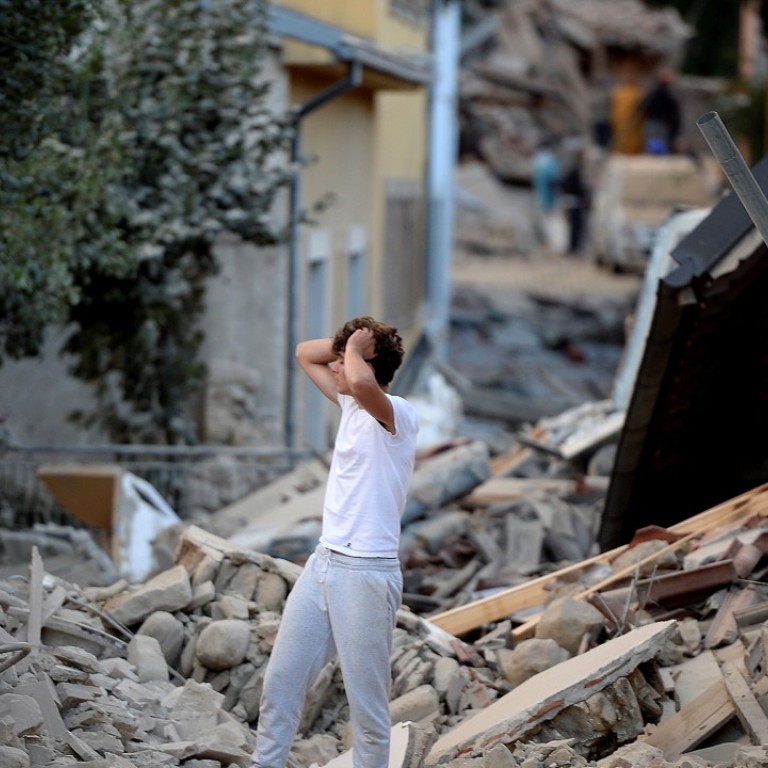
After the Lombok earthquakes: 11 things you should do and avoid if you are caught in a tremor
Although earthquakes are hard to predict, some regions are more at risk than others. Here are 11 tips that could save you if one happens near you
In the past eight days three earthquakes have struck the Indonesian island of Lombok, triggering panic among islanders and tourists alike, killing scores of people and causing widespread damage.
While earthquakes are unpredictable, there are certain things you should and shouldn’t do if you are caught in one.
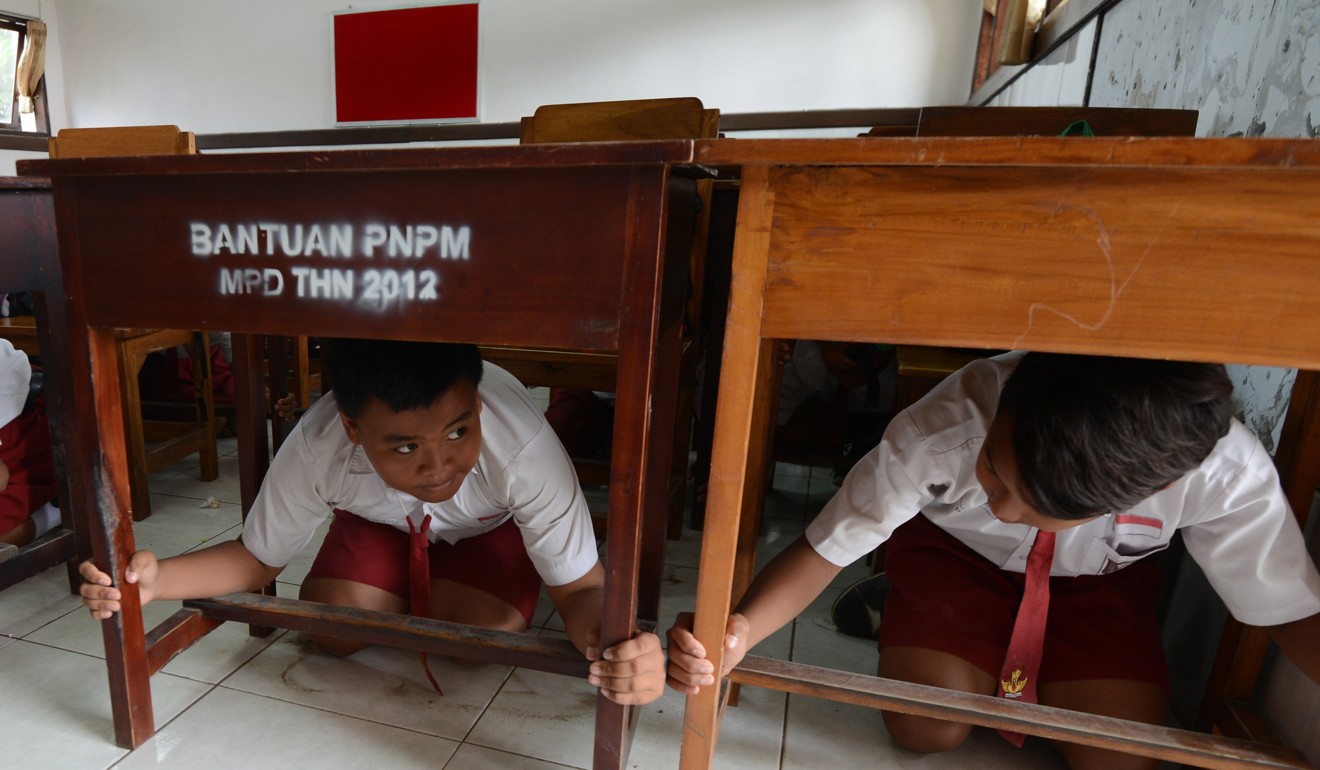
During an earthquake
Do remain indoors and hide below a table, a bed or a wardrobe, cover your head and look out for moving objects around you.
Don’t go near a kitchen, as damaged equipment or a gas leak could pose a risk to your safety.
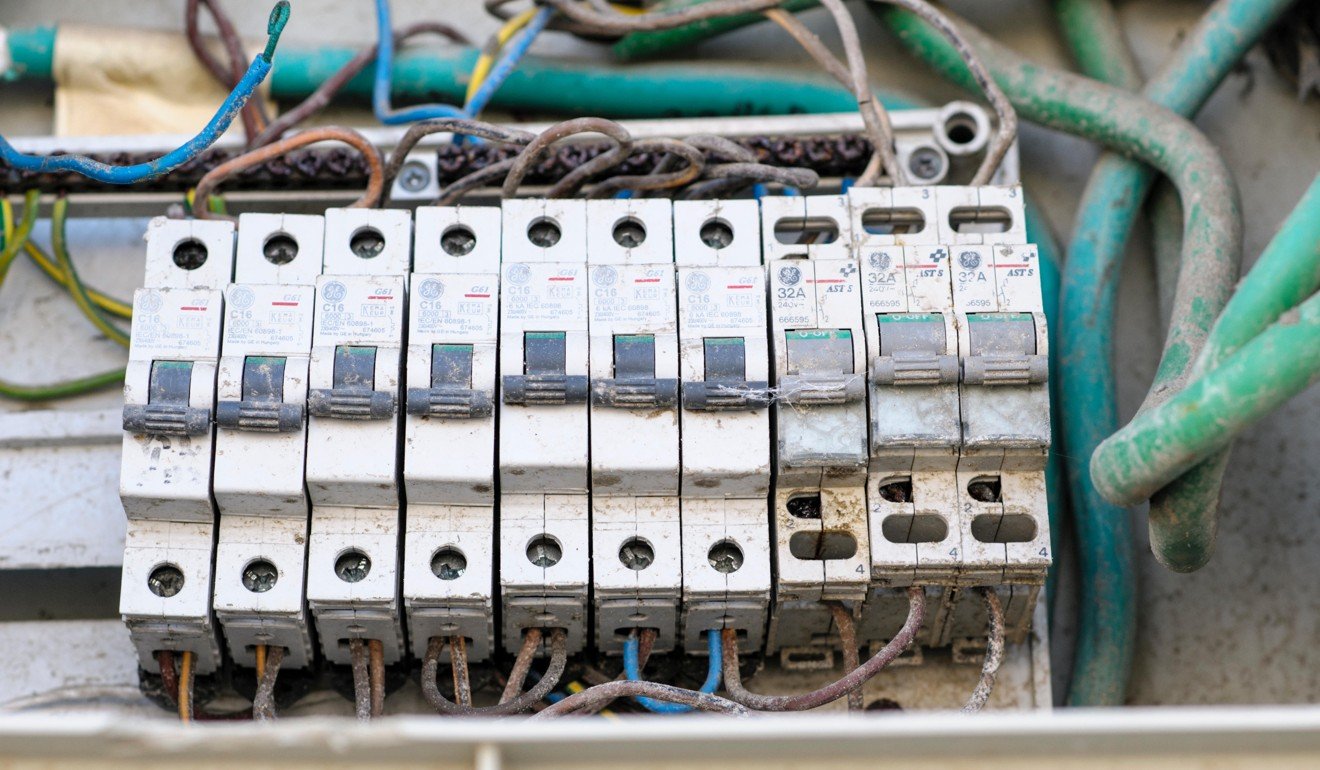
Do not touch anything electrical, even if you know where the circuit breakers are.
Do not go outside while tremors are still occurring, to avoid the risk of being struck by falling objects.
Tourists flee as death toll from quake on Indonesia’s Lombok hits 91
Do listen to the radio, look for SMS announcements, and follow the emergency services’ directives.
Do not call the emergency services unless you are in a life-or-death situation.
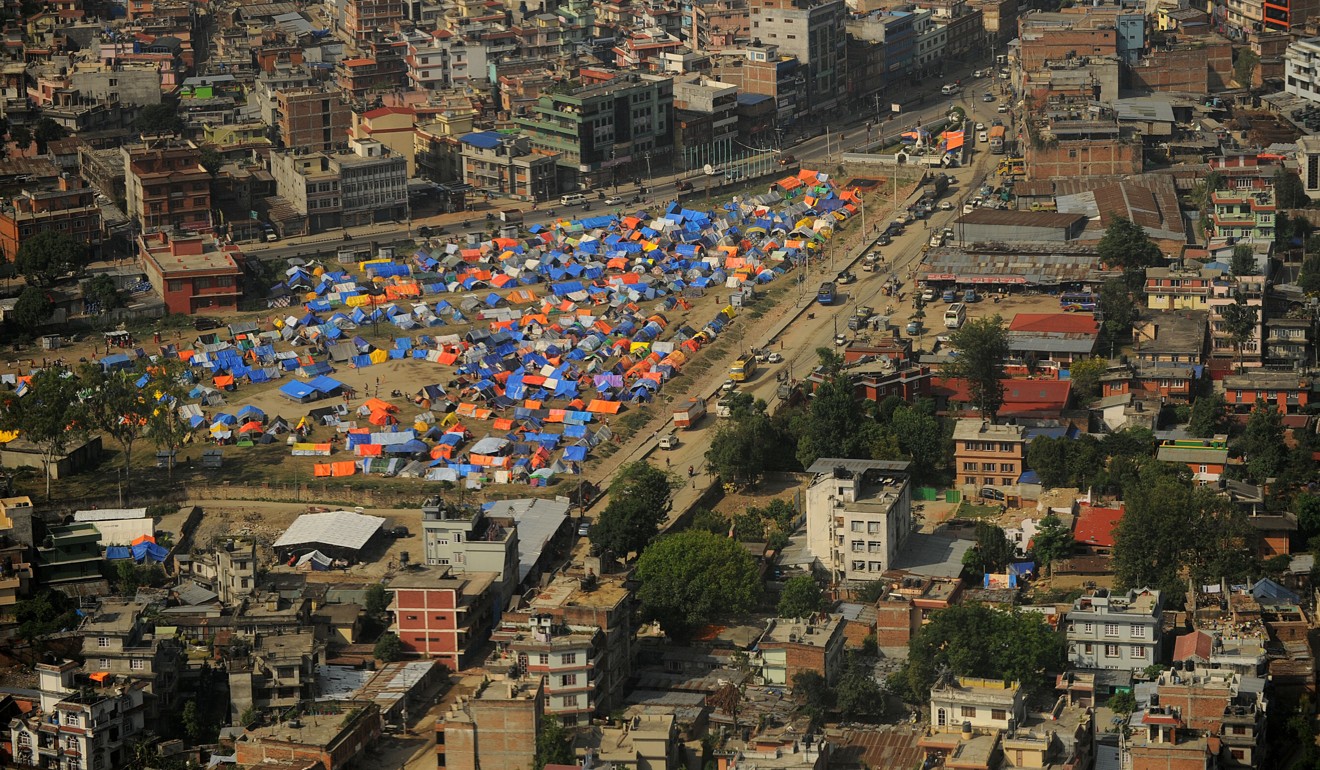
After an earthquake
Once the tremors have ended, stay calm, take your keys and mobile phone and go outside; look around you at all times, and do not use lifts. Check the condition of stairs before stepping onto them.
Once outdoors, look for an open space and distance yourself from electrical cables. If you are in a city, go towards the nearest park or sports field.
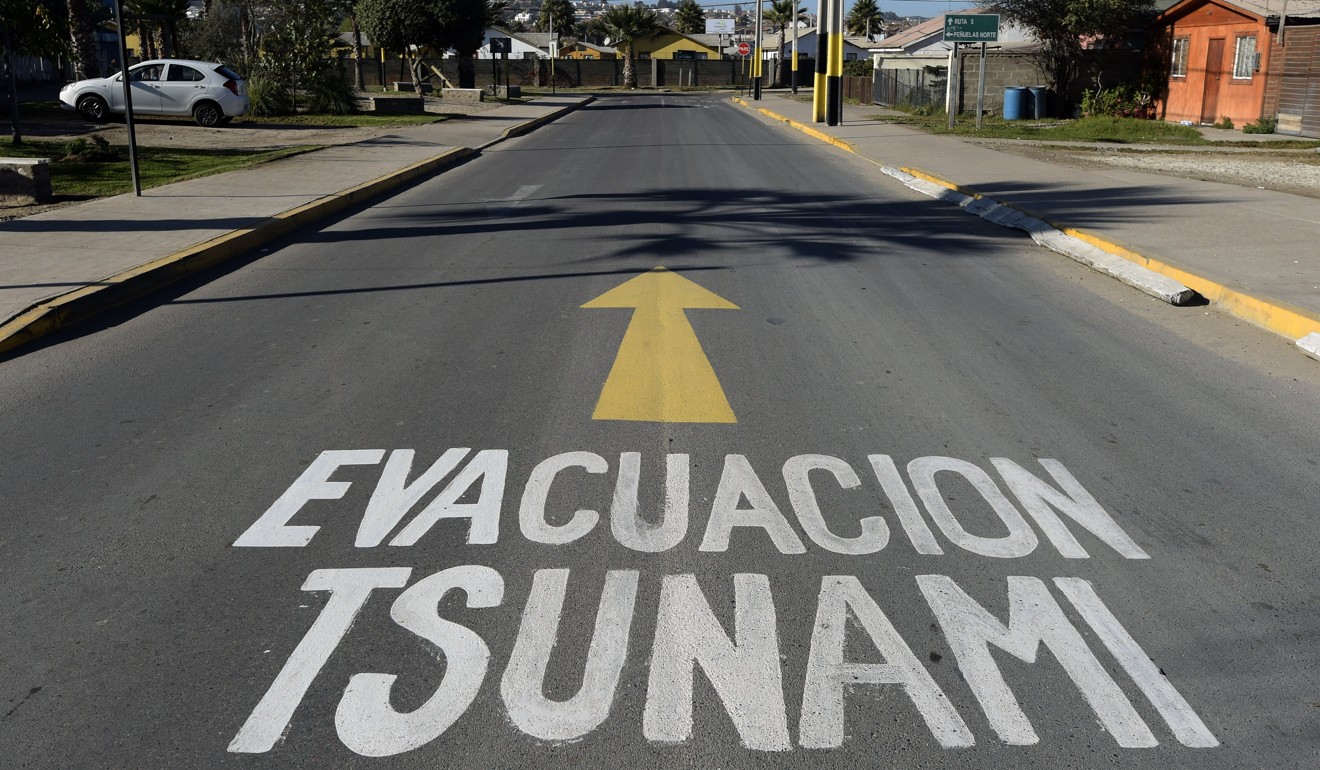
Always remember that aftershocks may occur at any time. If a tsunami alert has been issued, head for higher ground and do not go near the shore until the alert has been lifted. Beware of landslides.
If you are sailing offshore and a tsunami alert is ongoing, remain in deep waters. Tsunami only make themselves felt near the shore, and are almost unnoticed offshore.
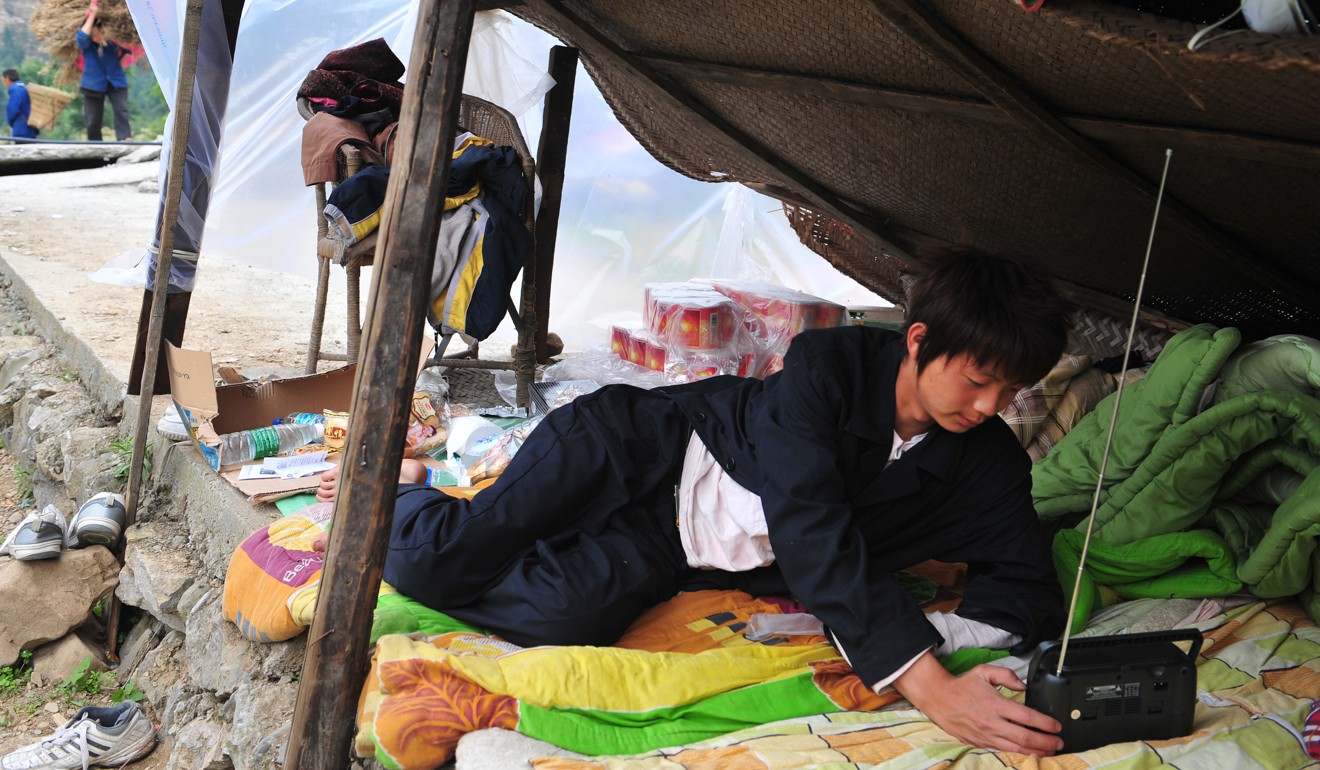
Once it is safe to go home, do so, but be prepared for the possibility of aftershocks in the days that follow.

